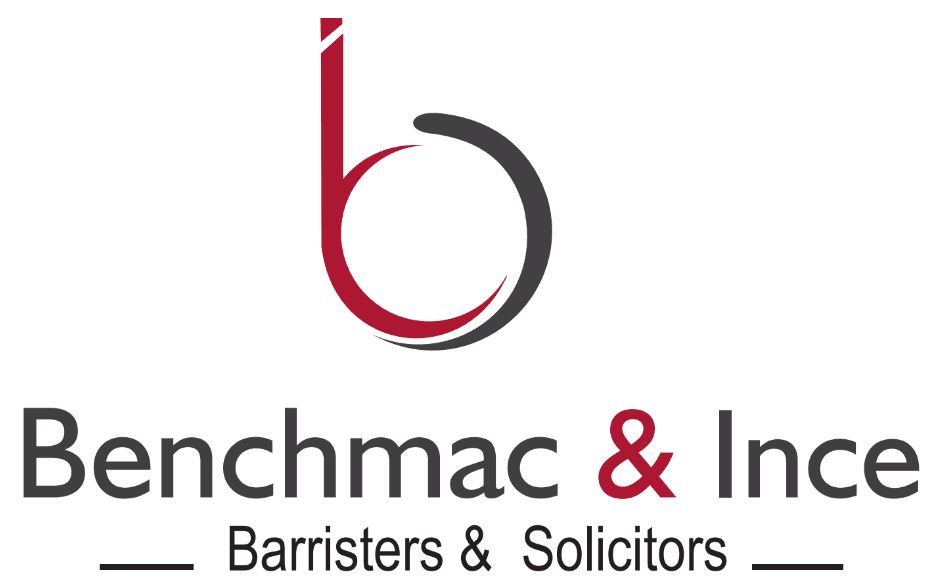A patent is an intellectual property (IP) right for a technical invention. The grant of a patent for an invention is the grant to the grantee by the state as a territorial right for a limited period. The grant gives the inventor the exclusive right to prevent others from using the invention for commercial purposes for a limited period in the territory where the patent is granted. Patenting as an invention is economic as every man has the right to benefit from his ideas and labour. The idea of patenting is to give the inventor a monopoly right to derive maximum financial benefit from the exploitation of the invention. In Nigeria, the life of a patent is 20 years provided the annual renewal fee is paid during the term[1].
In Nigeria, Patent and Designs Act [PDA] of 1970 Cap 344 of the laws of the Federation of Nigeria is the substantive law governing patent in Nigeria. The Patent Rules govern the registration procedure. Under the Act, an invention is patentable if[2]:
- it is new, results from inventive activity and is capable of industrial application, or,
- if it constitutes an improvement upon a patented invention, and also, is new, results from inventive activity and is capable of industrial application.
For an invention to be registrable under the PDA it must be novel – not already known to the public before the date a patent is applied for; It must be inventive – not an obvious modification of what is already known; and capable of industrial application, that is, can be made or used in any kind of industry.
The following types of patent application can be lodged at the Patents and Design Registry:
- A non-convention application, where the effective date is the filing date of the application
- A convention application, where the effective date would be the priority date of the territory where the application was first filed.
- A national phase application based on an international application under the PCT in which Nigeria is designated.
Grant of Patent
Where the invention meets the conditions of the PDA, an application in the prescribed form accompanied by the underlisted documents shall be made to the Registrar of Patents and Design. The documents include:
- A request for patent with the applicant’s full name and address;
- A description of the relevant invention with any appropriate plans and drawing –Specifications;
- A copy of the specification, claims, abstract and drawings;
- A Power of Attorney/Authorization of agent where the application is submitted by an agent;
- An address for service in Nigeria if the applicant’s address is outside Nigeria;
- Where the applicant seeks foreign priority in respect of an application made in a country other than in Nigeria (i.e. a convention application), then such application must include a copy of the published PCT Pamphlet comprising the complete specification i.e. Copy of International Publication, International Preliminary Report on Patentability and the international Search Report/Written Opinion;
- Prescribed fees.
Registration Process
Upon receiving the application, a filing receipt and an acknowledgment of patent is issued by the Registry. The date the registry receives the application is the official filing date of the patent.
The Patent application is examined to ensure its conformity with the documentary requirements stipulated by the Patents & Designs Act. Where an application satisfies the documentary requirements, an Acceptance Notice would be issued in favour of the applicant. Where the application however fails to conform to the prescribed requirements, the Registrar will not issue the Acceptance form until these requirements have been met. Following which the Certificate of Registration of Patent is issued to the applicant.
Unpatentable Invention
The PDA also provides for things that are not patentable. They include[3]:
- plants or animal varieties, or essentially biological processes for the production of plants or animals;
- Inventions the publication of which will be contrary to public order and morality;
- Principles and discoveries of a scientific nature.
Validity of a Patent
Section 4(4) of the PDA provides that Patents are granted at the risk of the patentee and without guarantee of their validity. It is important note that in Nigeria, patent applications are not examined as to the substance of the application. The Registrar usually examines the application based on form to ensure compliance with the formal requirement. Consequently, the fact that one has been issued with a patent certificate in Nigeria does not mean that the patent is valid. The validity is open to challenge in court, and if challenged, the primary onus of proving validity rests on the patentee.[4]
Infringement of Patent
The right of the patentee is infringed if another person without the license of the patentee does acts that they are precluded from doing based on the provisions of the PDA. An infringement of the rights of a patentee is actionable at the suit of the patentee who shall be entitled to relief by way of damages, injunction or accounts. The Federal High Court has the Jurisdiction to hear and dispose of legal proceedings under the PDA.
[1] Section 7 of the PDA
[2] Section 1(1) of the PDA
[3] Section 1(4) of the PDA
[4] Section 9(3) of the PDA
The opinions in the articles are for general information purposes only and do not form a legal relationship or be taken as legal advice. To explore legal advice, please consult your solicitor or feel free to get in touch with us directly.

